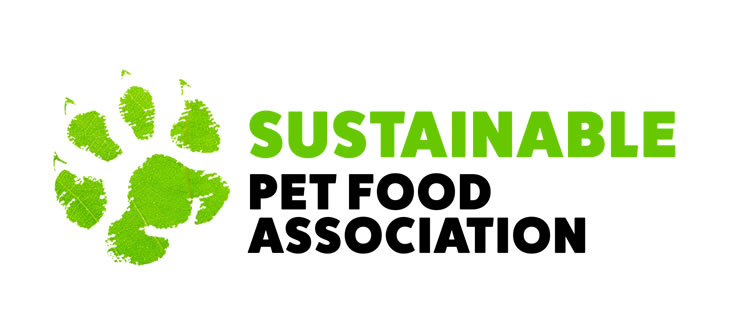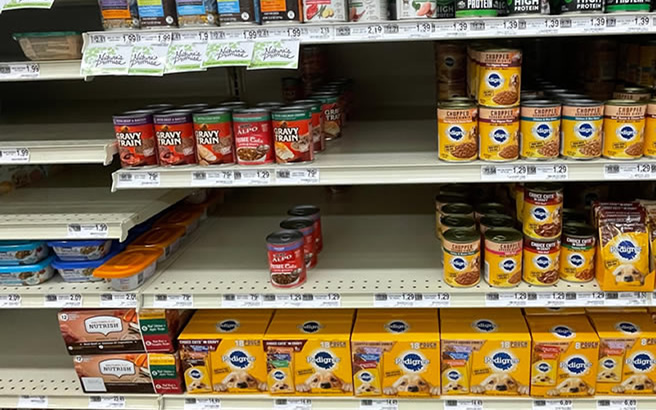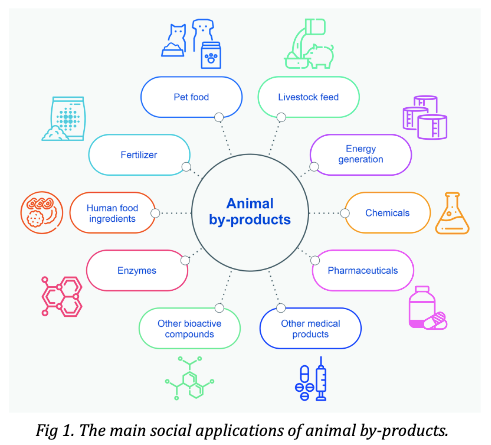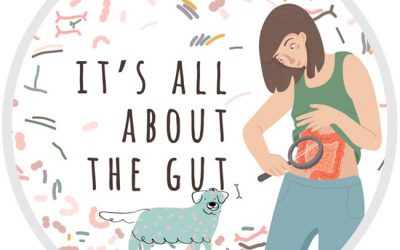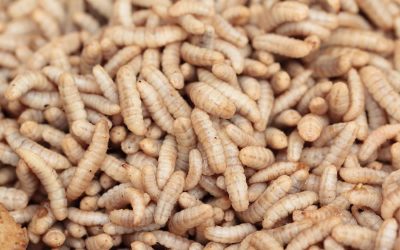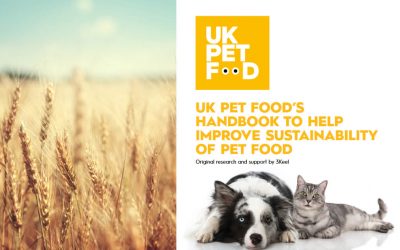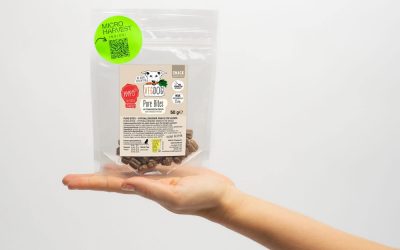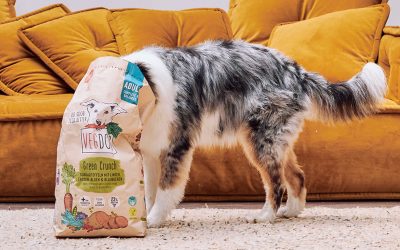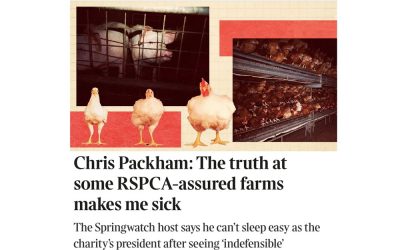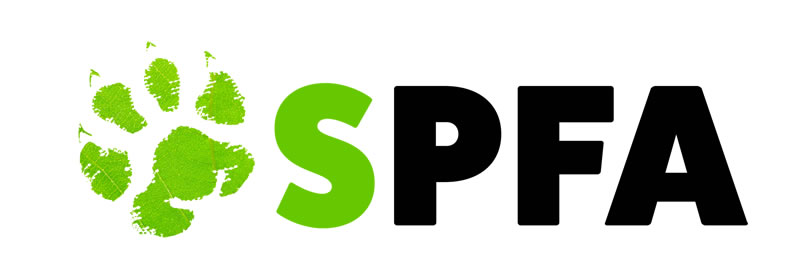Supermarket shelves could run out of meat-based dog food in 2024
As each country prepares to reach their zero carbon emissions agreement, we have meat-based pet food manufacturers panicking. Category 3 animal fat – the by-products of the meat industry from chicken fat and calf suet that is used in almost every meat-based pet food, is also very valuable to the renewable diesel market.
The impact of the pet food industry is often dismissed with claims that the animal products in pet food are animal by-products – animal parts that are left over after slaughter that would otherwise be wasted. This is a problematic claim for various reasons. See full article here.
Firstly, the pet food industry is in fact a minority user of animal by-products, with many other industries vying for their use (see graphic below courtesy of Bryant research).
Animal by-products are used in pet food because they are much cheaper to use than human-grade animal products, not because they would otherwise be wasted.
Indeed, any additional value that can be derived from the slaughter of a given animal will naturally increase the economic feasibility of doing so.
This fat can be used in biodiesel for the transport industry which has grown in popularity tenfold since 2006. Tax credits are provided to those companies using these ingredients for fuel production instead of pet food as it means less use of fossil fuels.
This means that all meat-based pet food prices could soar or just not be made, or the unthinkable as mentioned by UK PetFoods, is the use of palm oil in pet food to replace the animal fat, instead of the use of sustainable plant-based dog foods!
Pet food growth may outstrip animal protein supply. The units of pet food produced in the US have been growing at a faster rate than animals slaughtered for human consumption… This is significant because if these growth rates continue there will be a point where there are no longer enough animal protein-based ingredients to meet the needs of pet food production. Read more here.
**PLEASE NOTE THAT THE PRODUCTION OF ALL PLANT-BASED PET FOODS WILL REMAIN UNAFFECTED BY THESE CHANGES**
How things will change for meat-based pet food imports to the UK from 2024 with a new tax
The country is to introduce a new tax, the biggest change to import regulations since Brexit.
In an effort to digitalise the UK’s trading system, the Border Target Operating Model (TOM) lists a set of new controls to protect domestic animal and human health against potential security and biosecurity threats.
This references an upcoming regulation on imports of goods from countries outside the UK, including the EU. TOM categorises products under three risk categories – high, medium and low – each needing different documentation to import products into Great Britain.
EU countries exporting animal by-products (ABP) for the manufacture of pet food, dog chews, flavouring and frozen and raw pet food fall under medium risk, while processed and canned pet food falls under low risk.
“Since the beginning of 2021, UK pet food manufacturers have faced the full reach of EU controls on exported products, whilst the EU has enjoyed continued, easy access to the UK marketplace,” says Donna Holland, UK Pet Food’s Technical and Regulatory Affairs Manager.
According to Holland, this is the “biggest change” to UK import rules since Brexit became into force.
The potential cost impact is yet to be known, and the government has been consulting on methodology and rates.
Low-risk consignments will not require health certification or routine physical checks, but medium-risk imports will require pre-notification, health certificates for non-EU-origin imports, and document checks by 31 January 2024. They may be liable to identity and physical checks at the border as well.
**PLEASE NOTE THAT THE IMPORT OF ALL PLANT-BASED PET FOODS WILL REMAIN UNAFFECTED BY THESE CHANGES**
Canine Microbiome Study Significant Findings
Dogs have adapted genetically to digesting starches and that explains why they do so well on a complete plant-based diet
Studies claim positivity with alternative pet diets
Many owners willing to consider alternative pet diets, studies claim with a high proportion of cat and dog owners now prepared to explore alternative, more sustainable diet options
Plant-based vs Insect-based dog food
Insect Protein-Based Diets as Potential Risk of Allergy in Dogs, and Higher Cost
Avian Flu Pandemic Risk from Raw Feeding
The APHA (Animal Plant and Health Agency.gov.uk) sends anyone interested in environmental matters, emails about looming threats. As a vet, this is what I have received recently in my email inbox - In my inbox yesterday 11th November - An Avian Influenza Prevention...
Raw dog and cat food fuelling spread of antibiotic-resistant bacteria
The very real and always present danger of this latest study yet again finding antibiotic-resistant bacteria in raw commercial cat foods!
UK Petfoods MUST Keep Up!
Using animal byproducts in meat and fish-based pet foods is NOT sustainable!
Cats dying after eating Avian-Influenza-contaminated raw pet food!
Does vegan cat food provide the solution?
Fermented Protein Pet Food – the Future?
Is precision fermentation our future way to feed not only our pets, but ourselves too? Yes it most certainly is!
Could our dogs or cats trigger an avian influenza pandemic?
As our memories of the last COVID 19 disappear, the potential for another pandemic looms and pets could play a role in transmitting it
Using microbial protein for the very first time in dog treats!
This first-of-its-kind protein is derived from bacteria that have been consumed by humans for centuries in foods such as kimchi, kefir, and sauerkraut
BVA says it is possible to feed dogs plant-based
The British Veterinary Association (BVA) has ended its opposition to (nutritionally-sound) vegan diets for dogs
The truth about ‘RSPCA Assured’ farms
The footage obtained from these farms, including distressing images of decomposing pigs, dying chicks, and salmon with missing eyes, is simply indefensible
